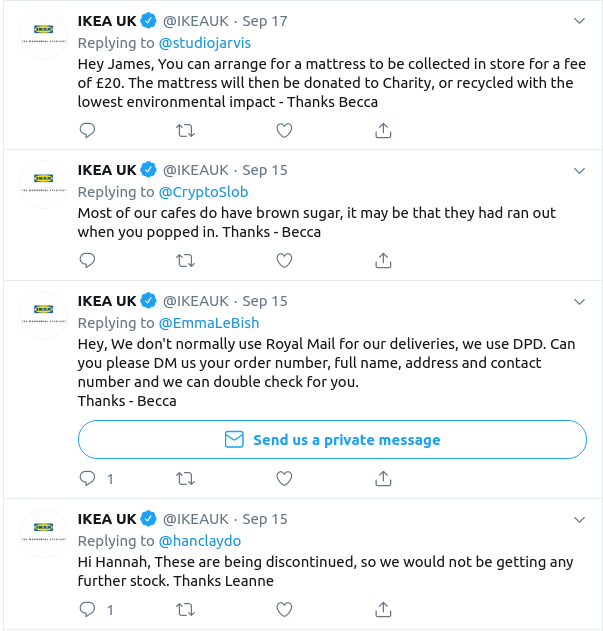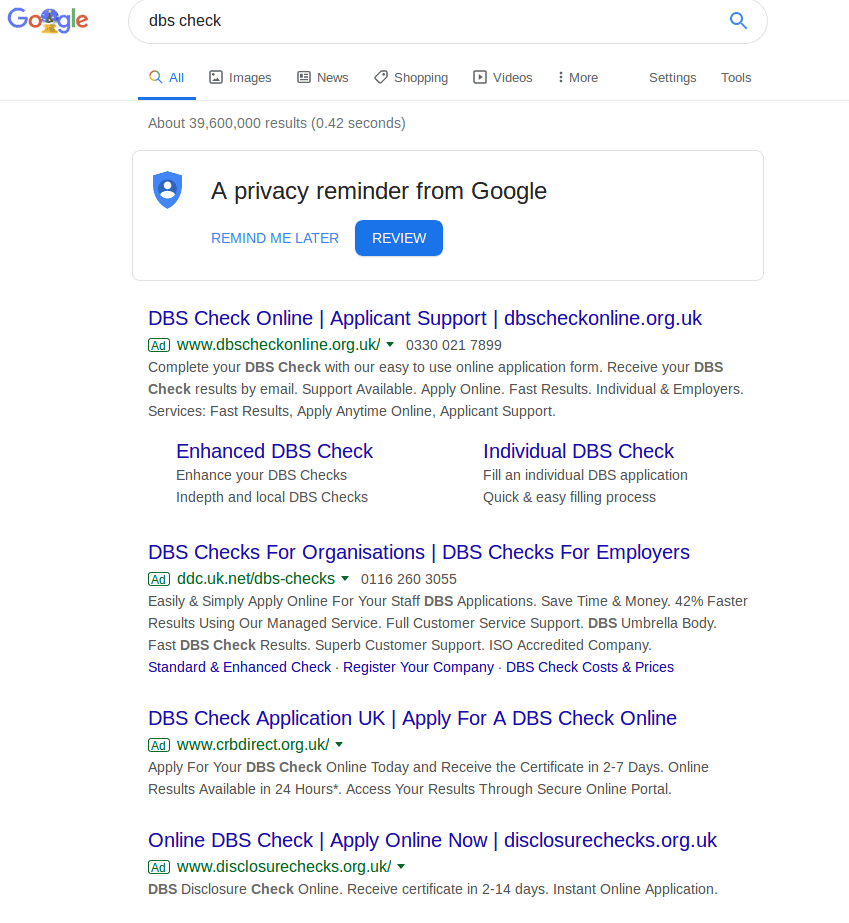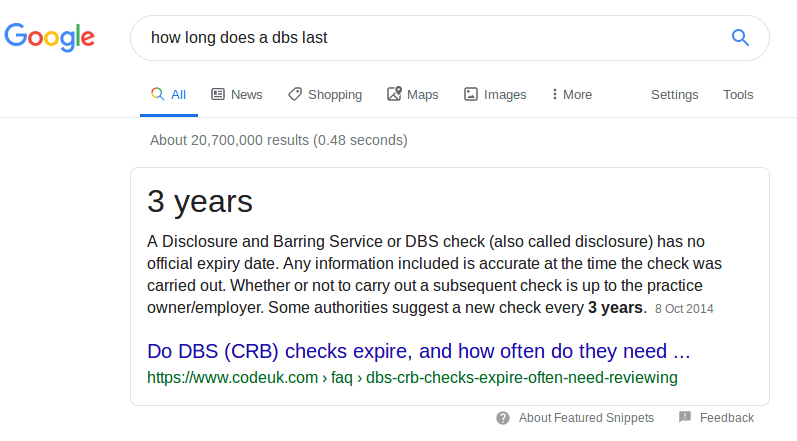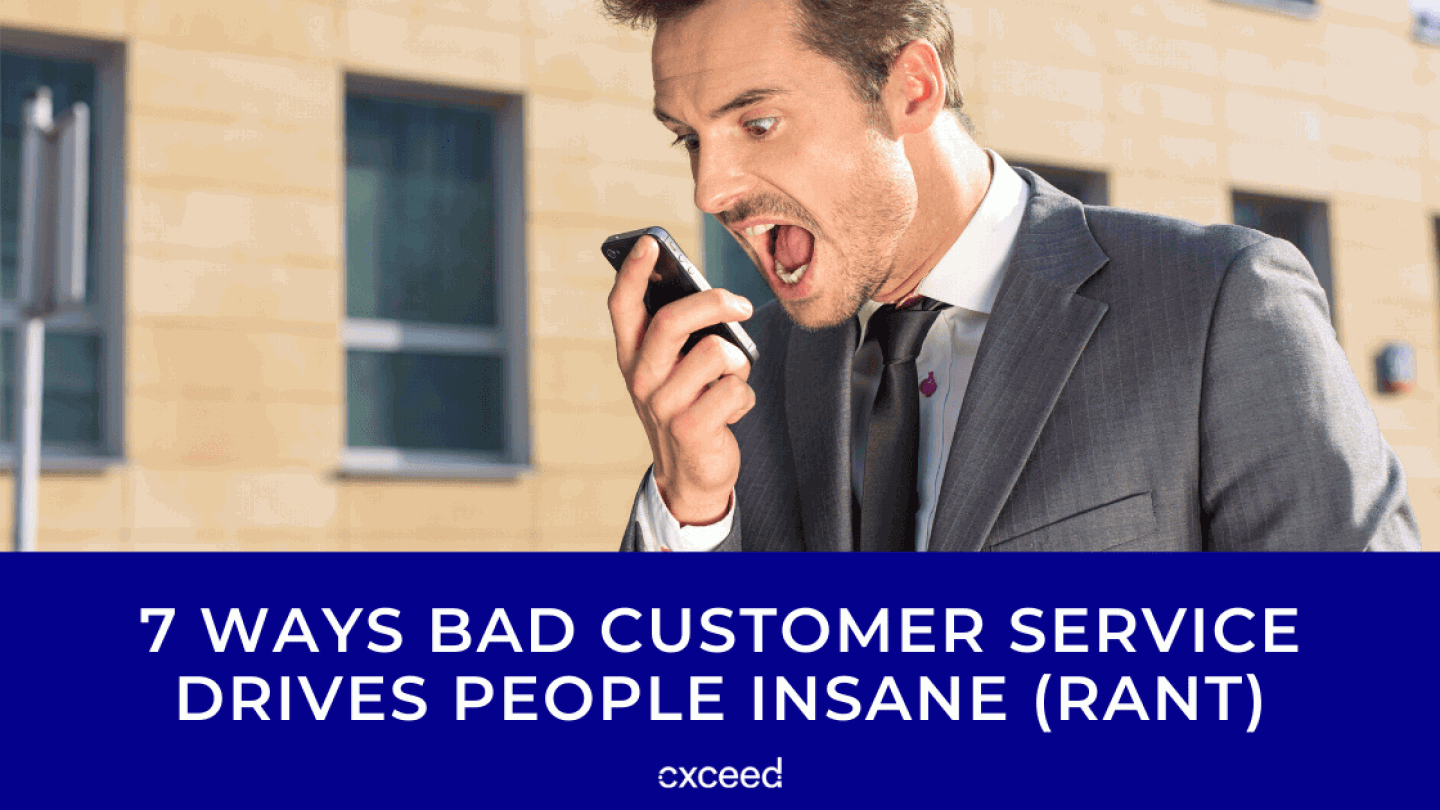How Quality Assurance Can Help Manage Your Team
It really doesn't matter if you work in or around customer service, in a contact centre, or maybe in sales. When it comes down to it, nearly every job relates to customer service - everything we do is to help provide a good service to someone else.
We're all constantly searching for improvements and ways to make our jobs easier, whilst at the same time, producing better results.
If only those "Get Rich Quick" emails weren't scams...
When you don't know who your next customer is going to be, it can feel like a raffle to see who gets the next insane customer. Even when your team is going above and beyond excellent, you just need one bad day (or call) to hurt your company's reputation.
So let's see what can be done to minimise the chances of these situations happening!
1. The Importance of Customer Opinions
Discovering ways to progress your company can become difficult after a while - that's when we need to turn to our customers!
When we speak about trying to have not just good, but great customer service, it's important to analyse the small pieces of the puzzle that don't fit perfectly. Checking every piece of the puzzle (your companies' interactions) can be slow and exhausting, and the time and resources expended could be used in better areas.
That's where customers can help - but how? It's pretty straightforward, really.
Ask them for help!
Simple as that. Sometimes we try to overthink things, and forget that some more established strategies that have worked wonders still do just that.
So, we should keep using them. One of the best actions that you can take is to ask the customer for their opinion. Why do they like it? What makes it unique? What could have been done better?
To gain a better understanding, it is helpful to use Benchmark Surveys. Doing so creates a better understanding of your key areas, highlighting what needs improvement. It is recommended to do this periodically to see your progress and evolution.
Now you have an overall idea of your business from a customers' perspective. However, you'd be right in thinking that it doesn't show every error, and how you could solve it. This is where the second step begins:

2. Get Feedback For Every Interaction
Customers shape their opinions of a company based on all the interactions they have with it. They might have received an excellent product, but even the slightest fault in communication with staff can ruin the whole experience.
The opposite can also happen. Excellent customer service can turn around the disappointment created from a poor product.
Do you have the confidence that all of your staff can do the latter?
To find out for yourself, you could listen to every communication your staff have with customers, but the amount of time that it would take would be counterintuitive. That sort of job is far better suited for a robot as opposed to a human - there are better ways to spend your day.
In an ideal world, you should only have to be alerted to customer feedback that is below your standards, or that suggests they've had an 'above and beyond' experience.
You never know when this may happen, so it's important to have the ability to collect feedback after every interaction, whether it be an email, call, letter, or even a video chat.
This is where Cxceed can help, making it easy to automate these repetitive, tedious steps. It collects your customer opinions by automatically sending out feedback requests, as frequently as you like. Through this feedback and our AI, you will only see the interactions that need reviewing - from the poorest performing that will show you the areas to improve on, to the best interactions which show where you need to be.
3. Evaluate With The Team
Now you have all the information, it's time to act on it. In this step, you and your team will evaluate the highlighted communications.
How Can You Get The Most Out Of Evaluating?
Establish rules and be impartial with your team
Biased evaluations will make all your previous effort worthless, so it's vital to ensure every agent is singing from the same hymn sheet. It's unlikely that everyone will achieve this straight away, but it's part of the learning process.
After a handful of calibration sessions, you'll begin to see things move in the right direction, with closer matching scores. This will make you achieve results, whilst helping your staff understand that it is not a personal attack - making them more cooperative.
Offer transparency and be open to communication
The rules for evaluation should not be a secret document kept locked away in the office. They should be an open statement for everyone to know what you are expecting from them when evaluating.
Listen to what everyone has to say because you never know who is going to come out with the next brilliant idea. Two heads are better than one, after all.
A transparent work-environment is more likely to be a happy one, with negativity unable to hide around corners. Happier employees work better, and want success just as much as you do!

Personalised coaching and training
The way to change bad behaviours and encourage good ones is by training, coaching and giving feedback. For this, it is important to bear in mind that "one lesson for all" is one of the worst approaches that can be taken.
Instead, the best practice is to personalise what each individual should focus on to improve. You may decide to separate your teams into groups, based on experience or skill.
Doing so means you don't leave anyone behind because it's too advance, or have employees using toothpicks to keep their eyes open due to how easy it is.
Make feedback one of your daily tasks
While a big, in-depth training session can be very useful to help your employees to improve their performance, short, daily feedback can be equally or even more useful.
As training could happen every X number of months, keeping a constant flow of feedback to your employees will be crucial. It will be essential to notice the strength and flaws of your employees in a timely manner, so you can solve any small daily issues that could help them to improve.
Waiting months to address an issue is just asking for trouble!
Don't focus on the negatives
Sometimes when agents know the service they provide is going to be checked, it can make them feel overstressed and pressured.
Is there anything more worrying than knowing someone is on the lookout for any and every mistake you make?
That's why it is important to not just bombard them with things which can be improved, but also point out when they have done a good job and practice positive reinforcement.
Of course, don't go too over the top or you run the risk of sounding sarcastic!
The Wrap Up
There are many steps that you can do to improve your business, one of which is implementing a quality assurance software.
Cxceed will help you to get inside your customer's minds and highlight the positives and things to improve on when delivering a service to your clients. If you want to make the changes that will make a difference to your business, without spending hours searching for it, you can!




































